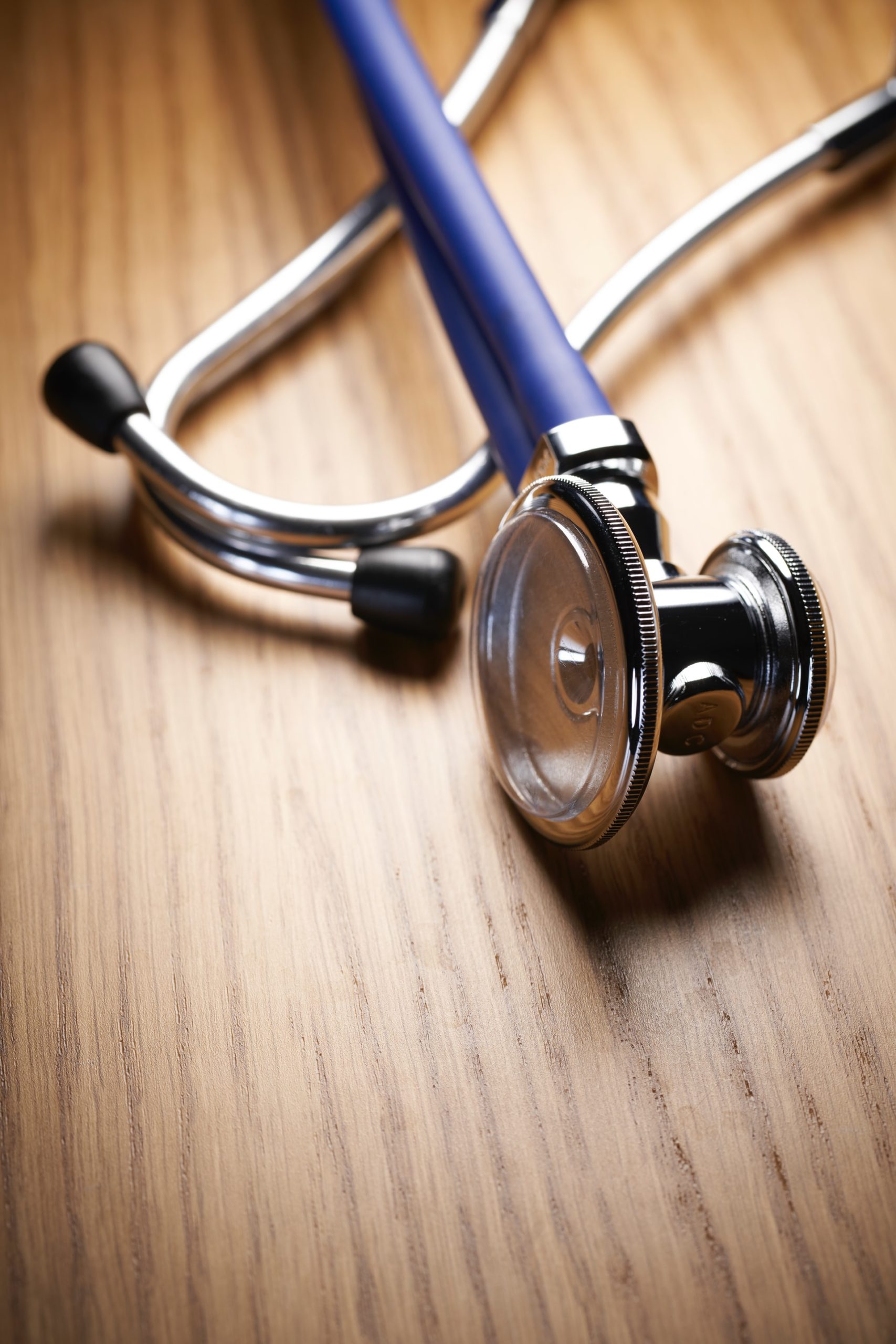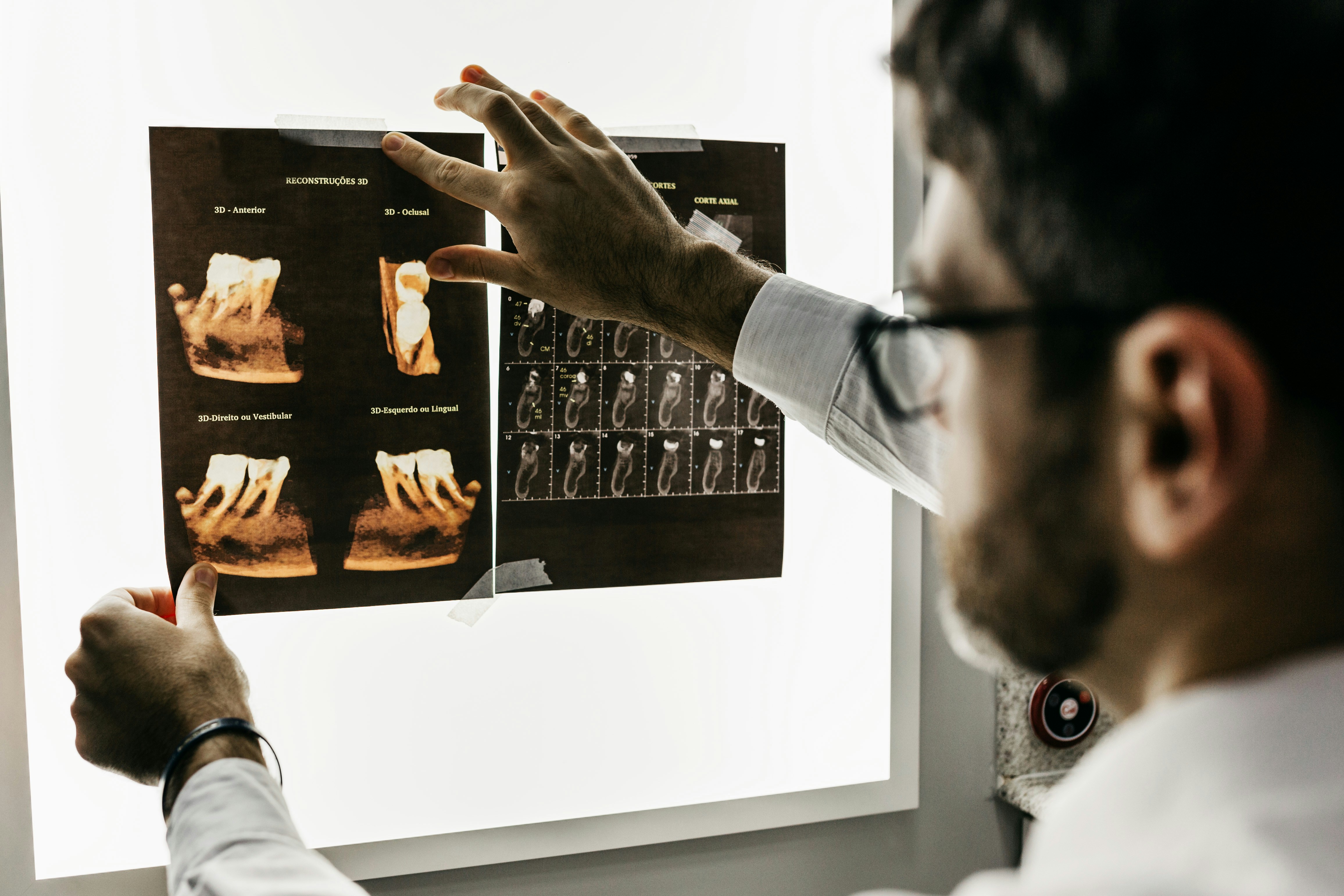
Types of Non-Emergency Medical Care You Should Consider After an Accident
An auto accident or motorcycle accident can leave anyone in a sudden state of shock. Whether it is assessing the damage left to our vehicle or uncertainty about financial ramifications, you may not know what step to take first. However, what should come to the forefront is your health, which means making sure you are well both physically and mentally.
While an ambulance may be called to the scene of the crash to give you a once-over, there are other solutions that you can approach to make sure you are getting the best medical care after the wreck, without heading to the emergency room.
Urgent Care Facilities

The initial shock of a motor vehicle accident or motorcycle accident can leave you so lost in the moment that we may not feel the initial physical symptoms of the crash, especially if there is no obvious serious injury. It is recommended that you call your primary care physician after the wreck to see if they have any availability to see you. However, the more earnest and time-friendly solution is going to your local urgent care center.
Most urgent care facilities provide x-rays on site, and help to determine any hidden injuries that you may not be seeing. Doctors will also be able to evaluate you for a concussion after the adrenaline of the crash wears down and you don’t know what to do if you’re in a motorcycle accident. A concussion can result in vertigo, dizziness, nausea, hearing loss, migraines, and a host of other symptoms. If you have a concussion, you should make sure that you have the right care team, including a neurologist.
Urgent care centers can also provide documentation noting you have been evaluated after an accident. It’s best to be looked at immediately, but the longer you wait, the more legal hurdles you could face from the accident. Medical bills, medical reports, and x-rays should be held onto throughout the entirety of any potential lawsuit stemming from a crash.
Orthopedists

While you may not be sure what direction to head next with your medical treatment, there are outlets through which you can figure out what’s best for your case. It doesn’t hurt to get an idea of what is causing your physiological pain, or figuring out to how to get a second opinion with MediFind.
MediFind’s searchable database uses natural language processing algorithms and big data to sift through a bevy of medical reports, clinical trials, and other information to find the best treatment plan for you, or learn of the best medical experts to approach through any situation. MediFind is powered by top doctors and empowers patients to be able to make informed health decisions by arming them with the medical knowledge that they need. This could lead you towards setting an appointment with an orthopedist or physical therapist if you’ve recently been in a motorcycle accident.
Car accidents can cause serious medical issues, and orthopedic specialists are able to provide treatment for broken bones and issues with the back, including disc herniation. Orthopedic doctors can also properly assess long-term degenerative diseases that may be the start of even more long-term health conditions like arthritis, tendonitis, and infections after fractures.
Of course, some serious injuries will become obvious, like broken bones and lacerations. In the case of broken bones, emergency treatment and physical examination should be the immediate option without question. Lacerations and other bruises can be directed towards urgent care centers. However, delayed symptoms related to physiological injuries are often best directed to orthopedists.
Audiologists

While you may be wondering what your ears have to do with your injuries in a wreck, the reality is that the trauma from an accident can impact your inner ear and affect your balance and equilibrium.
Audiologists can conduct a vertigo test, which will evaluate the sense of balance you have associated with your eyes and inner ear that detect gravity and fixate your position. When your brain experiences false messages about your surroundings, it incorrectly perceives the world around you and you experience vertigo and dizziness.
Through videonystagmography, or VSG, patients are assessed for the function of the vestibular system, including the balance portions of the inner ear. During evaluation, patients wear special goggles that contain sensitive cameras carefully recording eye movements through several tasks. These exams can take approximately one to two hours, and the results are shared with your primary care physician to establish a proper treatment plan.
Knowing what to do after a motor vehicle accident or motorcycle accident can be overwhelming, especially if you’ve suffered a severe injury. Knowing which motorists were at fault is important for any lawsuit, but what should occupy you first and foremost is your health decisions. Make a care plan and consideration these tips to make the best choices for your health.
